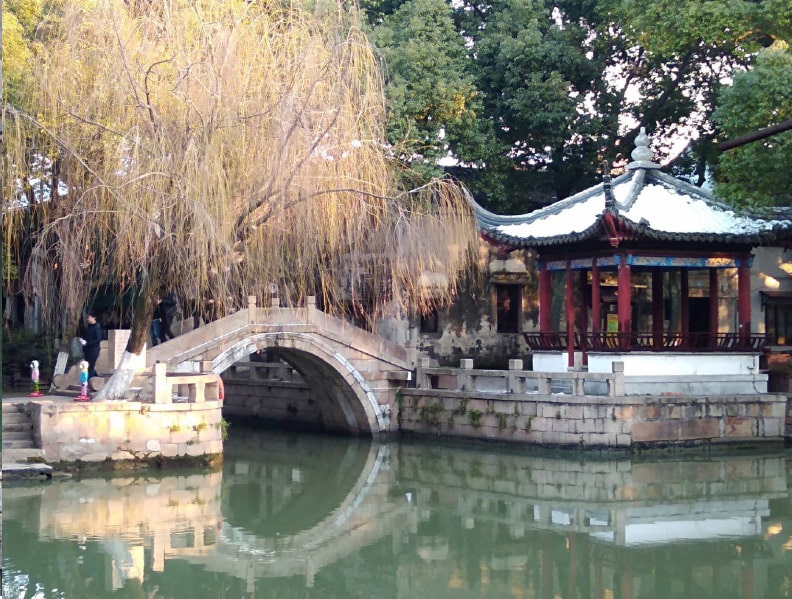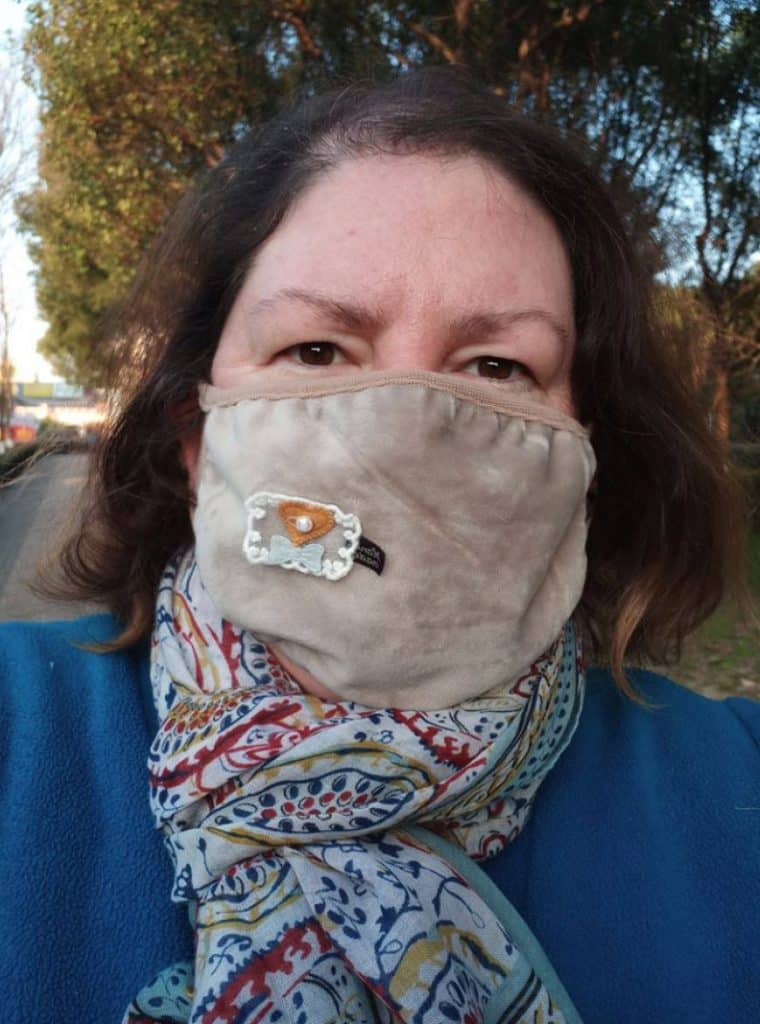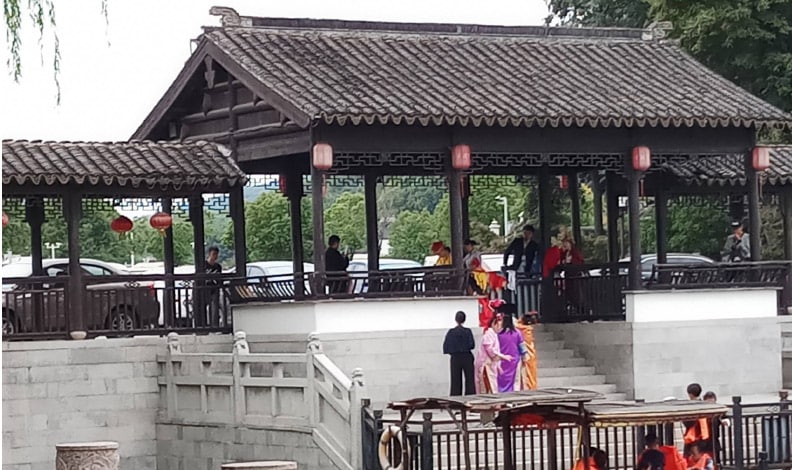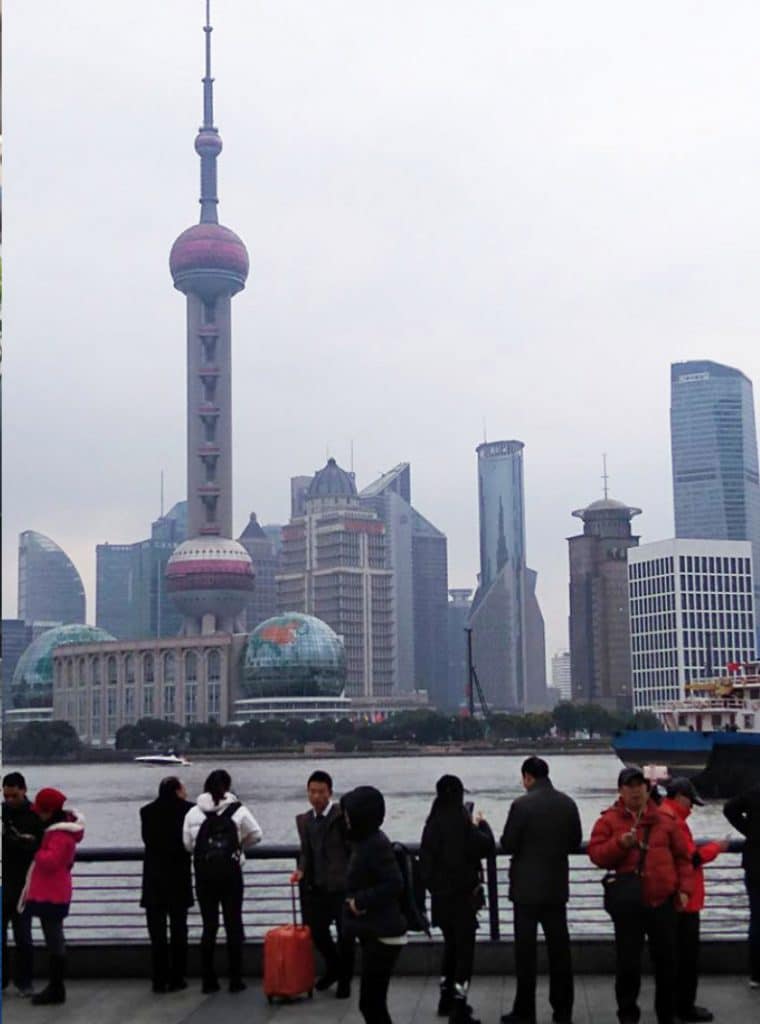Southwest Louisiana Native Speaks From Experience
By Kerri Cooke
I first met Vickie Peoples five years ago when we were co-workers in Lake Charles. Three years ago she made the decision to go back to teaching English as a second language (ESL) overseas. She had previously taught in South Korea.

Needless to say, things have been uncertain and scary since the COVID-19 outbreak began in China. I interviewed Vickie to relay her first-hand experience of what it was like to go through a lockdown in a foreign country.
Signs Of Trouble
Vickie told me she remembers going out with a friend on New Year’s Eve. (You know, the day when we all rejoiced because we had high hopes for 2020 and the new decade.) She says everything was business as usual. Nothing seemed to be wrong.
It was two weeks later when she started hearing buzz about a sickness. She had access to news channels such as CNN and BBC, so she first heard about what was happening in Wuhan through these outlets.

Lockdown
On Jan. 24, the Chinese government sent out two different letters to foreigners working in the country. The letters contained a list of instructions on what to do as Suzhou and the rest of the country was put on lockdown.
The steps we have come to associate with prevention of COVID-19 were in the letters, as well as a few stricter instructions – only go out when necessary, wash your hands thoroughly, use hand sanitizer, cook meat and eggs thoroughly, avoid contact with wild animals, avoid crowds and gatherings and wear a mask whenever you leave your residence. Restaurants, movie theaters and cafes were shut down, and church services at Vickie’s house of worship were canceled.
“I did begin to get anxious at that point. The lockdown happened so quickly. I’d like to say that I believe the Chinese government was very efficient at keeping people informed. They took measures that helped to flatten the curve of the virus. Chinese people were also a factor. They complied with the measures,” Vickie said.

When I asked if she ever considered leaving, she said, “There was one night I did. I had a panic attack about the situation. My family wanted me to come home. That was early on.” A friend of hers who worked for an airline also urged her to return home. But she decided to stay once she heard that COVID-19 would most likely become a pandemic.
In China you had to wear a mask when you went anywhere. Your temperature was taken in order for you to get into places, such as the grocery store or a doctor’s office. Vickie’s passport was also checked in some places to verify she hadn’t been in a different city or country within the last two weeks. She had to create a QR code regarding her health on her phone which she would sometimes have to show as well. As of the time of this interview, Vickie still had to report her temperature twice a day at her apartment complex.
As far as containment measures go, Vickie said, “I believe these measures have been extremely helpful. I have diabetes, so I am extra careful. People with autoimmune illnesses are especially at risk.”
Anyone who has experienced quarantine knows how hard it can be. So I asked Vickie, who lives alone, how her experience was and is and what she was doing to pass the time.

Job
As far as working goes, Vickie said she was supposed to start teaching again on Feb. 17, for the spring 2020 semester. Due to the national emergency she didn’t start teaching until March 23, and even then, it was online.

Improving Conditions
As China began to report a steep decline in cases, I asked Vickie if people are still required to isolate. She said restrictions have loosened, but many precautions are still required.
Businesses are starting to open again, particularly restaurants. But everyone is still required to go out with a mask and receive temperature checks.
“The worst seems to have passed. Now there are strict border controls for those coming into the country. I still cannot leave my city or I’ll have to be quarantined for 14 days when I return.”

When I asked if she had any idea when the Chinese government will give the all-clear, Vickie said, “I don’t know if they know. But people are optimistic, though.”
Unfortunately, COVID-19 has delayed the projected time of Vickie’s homecoming. She said, “I was hoping to come home at the end of June, but now it looks like it will be Aug. 1 at the earliest.”
Humanity In The Midst Of Adversity
One thing Vickie noticed as COVID-19 was spreading in China was “even though people are wearing masks, you can tell when they smile at you. There’s this sense that we’re all in this together.”
Advice she gives to us here in Southwest Louisiana is to “practice good hygiene, stop hoarding supplies (there are plenty), have respect for the elderly and those with lower levels of immunity and stay at home as much as possible. Use this time to reach out to your community and help others, especially those who may have lost their jobs. Show appreciation for service workers, such as restaurant workers, custodians, etc.”















Comments are closed.